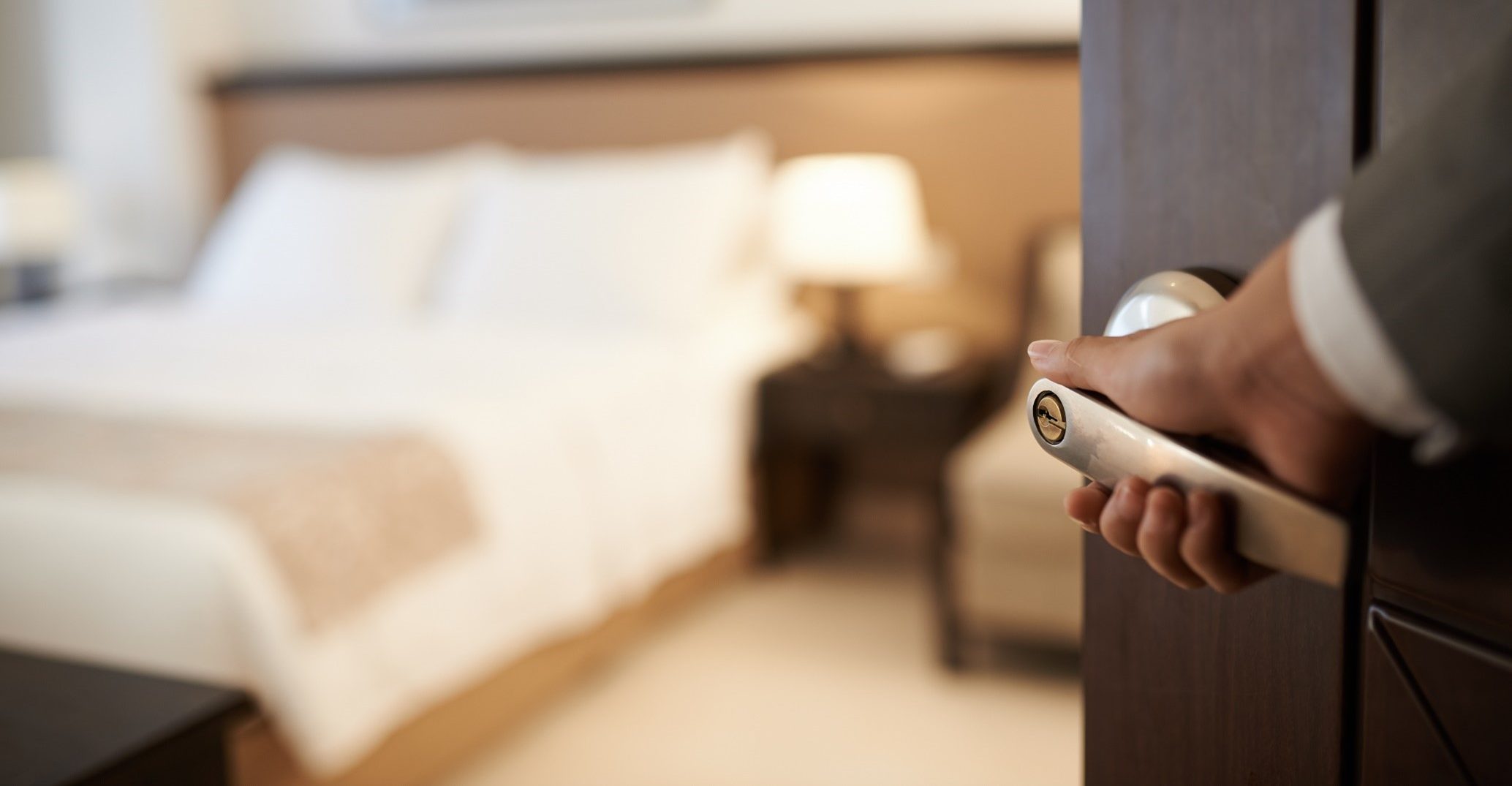
Sharon Parker, 5 October 2023

A sale of shares is considered an exempt supply for VAT purposes. As such, where a holding company sells a subsidiary, the VAT it incurs on professional services in connection with the disposal has historically not been recoverable and is suffered as a cost.
This has been the recognised position for many years. However, in the recent VAT case of Hotel La Tour Ltd, the Upper Tribunal sided with the taxpayer and decided that VAT on professional fees could be recovered where a subsidiary was sold for the purpose of financing other intended taxable activities; in this case the construction of a new hotel. This shift from the previously accepted VAT position has unsurprisingly become a focus of attention amongst VAT professionals.
In this article we delve deeper into the case and discuss its potential implications for companies that may be considering disposing of a subsidiary.
The VAT recovery rules determine that input VAT incurred on costs is fully recoverable if directly attributable to a taxable supply. It is irrecoverable if directly attributable to an exempt supply and partly recoverable if relating to both taxable and exempt supplies without being solely attributable to either.
The landmark VAT case of BLP Group plc nearly 30 years ago explored the meaning of ‘direct attribution’. It highlighted the need for a ‘direct and immediate link’ between input VAT incurred and taxable supplies made by the business in order for there to be an entitlement to recover the input VAT. It established the principle that it’s not possible to ‘look through’ an immediate exempt supply and to attribute input VAT to the wider taxable activities of the business. In this sense, the purpose of making the exempt supply is essentially irrelevant. VAT recovery must be considered on a transaction-by-transaction basis rather than taking account of the overall nature of the business activities.
Hotel La Tour Ltd was the holding company for a luxury hotel group. Each of its subsidiaries owned a hotel, and in 2015 it made the decision to sell the shares it held in the company that operated its hotel in Birmingham in order to finance the development of a new hotel in Milton Keynes. In line with the principles established in BLP, it was HMRC’s position that the input VAT incurred by Hotel La Tour in disposing of the subsidiary was directly attributable to an exempt sale of shares.
However, Hotel La Tour contended that the input VAT it had incurred on professional fees should actually be considered as directly attributable to the wider taxable business activities, i.e. constructing a new hotel, which it would then use in the making of downstream taxable supplies.
The First-Tier Tax Tribunal found in favour of Hotel La Tour, determining that the share sale did not break the link between the input VAT incurred and the intended taxable activities of developing and subsequently managing the hotel. This was on the basis that the input VAT incurred on the professional fees was not considered to constitute a cost component of the sale of the shares. The shares were sold at open market value and the price was not affected by the professional costs that had been incurred.
HMRC appealed against this decision but the Upper Tribunal remained in agreement with the taxpayer. The input VAT should be treated as attributable to the ultimate economic purpose of selling the shares, which was in order to fund future taxable activities. The input VAT was therefore recoverable.
As of September 2023, it is our understanding that HMRC have been granted permission to take the case to the Court of Appeal. Given the relatively small amount of VAT which is at stake in Hotel La Tour, this can only highlight the significance placed by HMRC on this case.
Whilst the appeal is pending, many businesses will consider it beneficial to submit ‘protective VAT claims’. It is only possible to go back four years to correct VAT previously under-recovered. This means that VAT incurred in connection with a share sale nearly four years ago is about to go out of time for recovery. Although we obviously cannot guarantee the outcome at the Court of Appeal, it may be worth submitting a claim at this stage for input VAT that may otherwise be lost due to timing issues.
The Courts’ decision in Hotel La Tour so far reflects a major shift in thinking concerning VAT recovery on costs connected with a one-off exempt supply of shares, requiring a much wider consideration of the business intention and purpose of the transaction.
If you are a corporate group that is considering a restructure and possible share sale, we would be happy to have a discussion to see if there may be possible VAT saving opportunities. We can also assist with the preparation and submission of ‘protective’ claims whilst the decision at the Court of Appeal is pending. Please get in touch with VAT Associate Director Sharon Parker (sharon.parker@lubbockfine.co.uk) for a confidential chat.